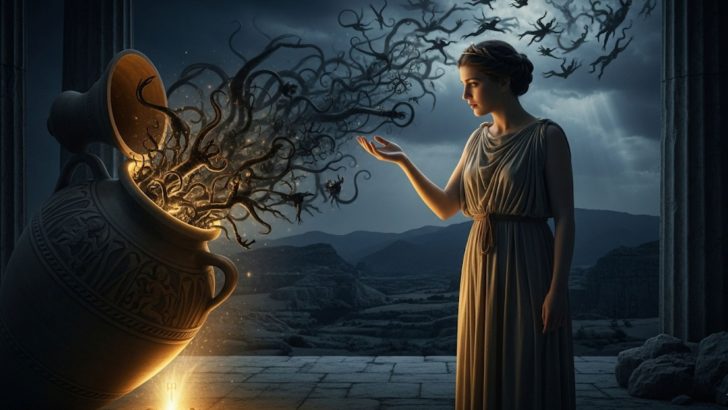Pandora’s Box is one of the most famous myths from Greek mythology, but there’s a lot more to it than the simplified story we grew up with.
It’s a tale full of twists, symbolism, and hidden meanings that have fascinated people for centuries. Pandora wasn’t just the woman who “let evil into the world.”
She was a symbol of curiosity, temptation, hope, and resilience. Let’s uncover ten surprising facts about Pandora and her mysterious box that will make you see the story in a whole new light.
1. It Wasn’t a Box at All
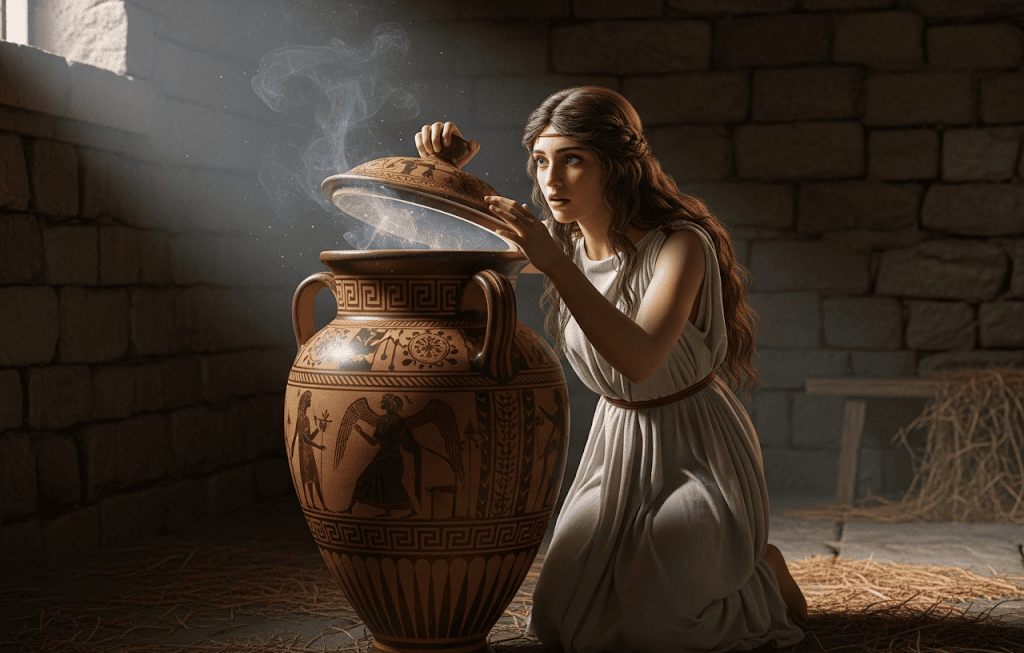
The famous “box” wasn’t originally a box. In early Greek versions, it was a large jar called a pithos. These jars were used for storing food, wine, or even burial remains.
The mix-up came later when Renaissance scholars mistranslated the word into Latin as pyxis, which meant a small container or box.
That mistake stuck, and now we all talk about Pandora’s Box instead of Pandora’s Jar. Imagine how different the story might feel if we always pictured her opening a clay storage jar instead of a magical box.
2. Pandora Was the First Woman in Greek Myth
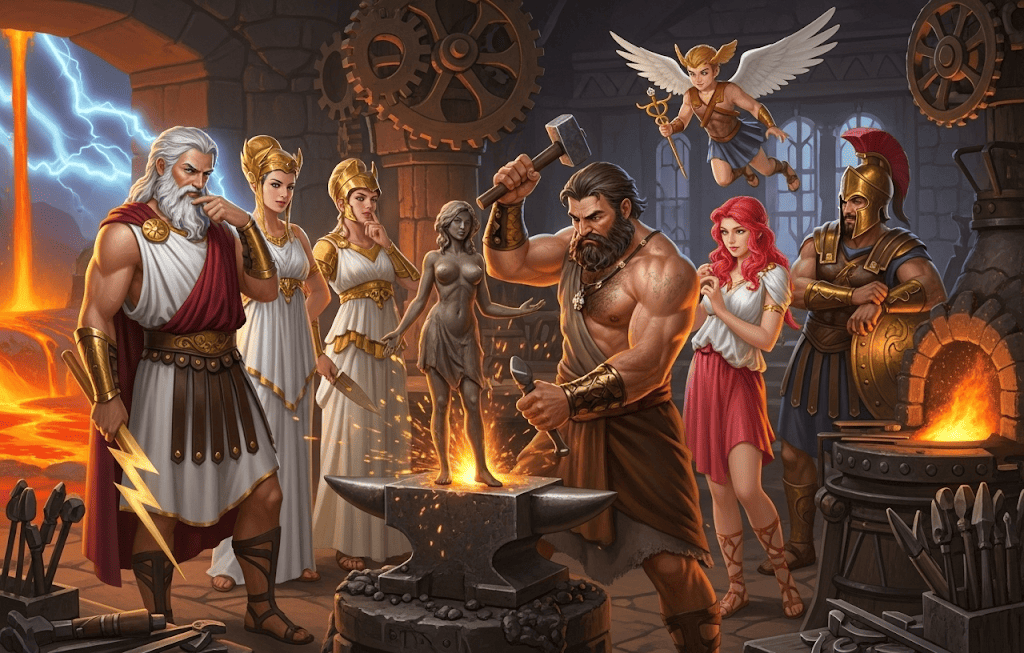
Before Pandora, the Greek myths were full of men, gods, and chaos, but not women. Pandora was literally created by the gods as the first woman on earth.
Zeus ordered her creation as part of a punishment for humanity after Prometheus stole fire.
Crafted by Hephaestus and gifted with talents from the other gods, Pandora wasn’t born but built, almost like the original mythological prototype of womanhood.
That makes her story both fascinating and heavy, since she was designed not just to exist but to play a role in humanity’s fate.
3. She Wasn’t Evil – Just Curious
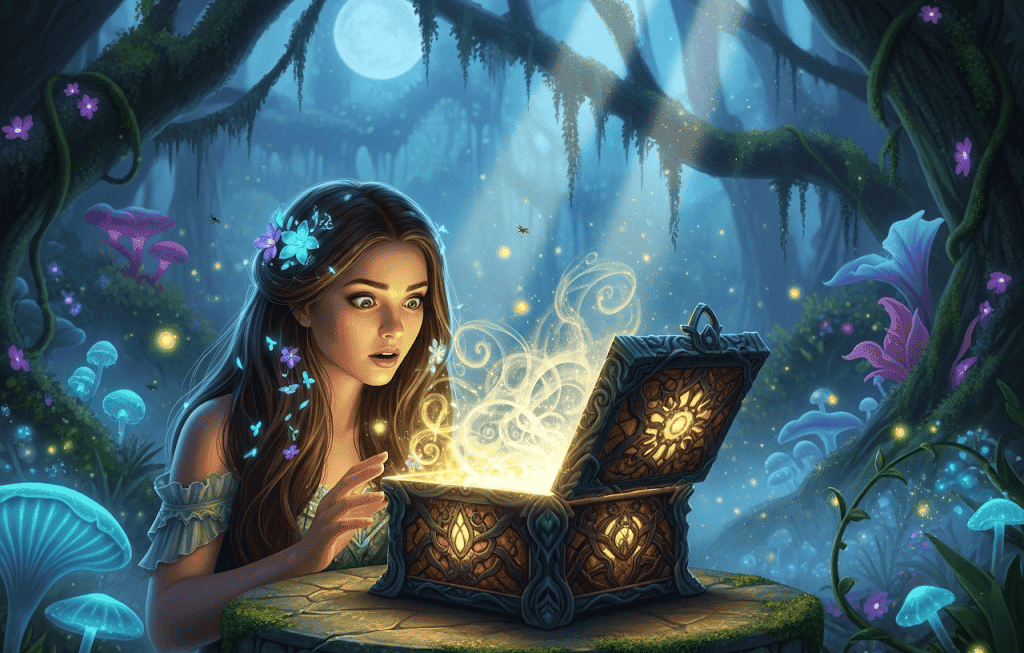
Pandora often gets a bad reputation as the woman who ruined everything, but her story is much more relatable. She wasn’t trying to destroy humanity.
She was simply curious. The gods gave her the jar and told her not to open it, and like many of us would do, she couldn’t resist peeking inside.
Curiosity is a deeply human trait, and Pandora embodied that. Instead of being a villain, she was a reflection of human weakness and innocence. Her story reminds us that curiosity can lead to both trouble and discovery.
4. The Box Contained More Than Evil
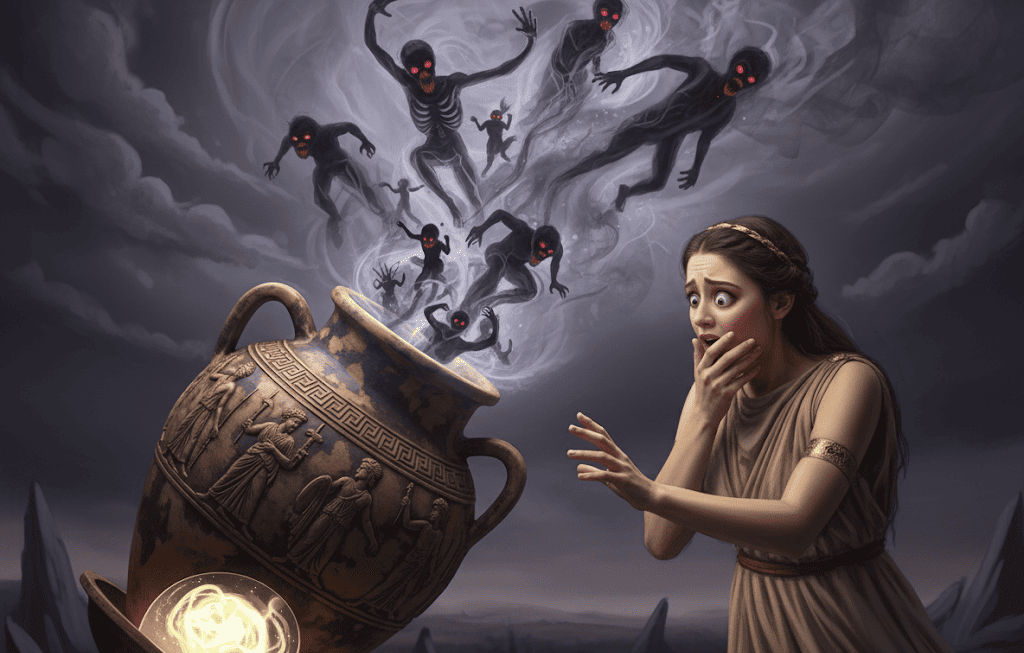
When Pandora opened the jar, out poured all the hardships of life: sickness, war, pain, and death. But it wasn’t only evil that escaped.
Inside, there was also hope. After all the suffering spilled out, hope remained at the bottom of the jar.
Some versions say Pandora quickly closed the lid before hope could escape, while others suggest hope stayed behind to give humanity comfort.
The meaning has been debated for centuries. Was hope a gift to help humans endure suffering, or was it another cruel trick, keeping us waiting for relief that never comes?
5. Her Name Means “All-Gifted”
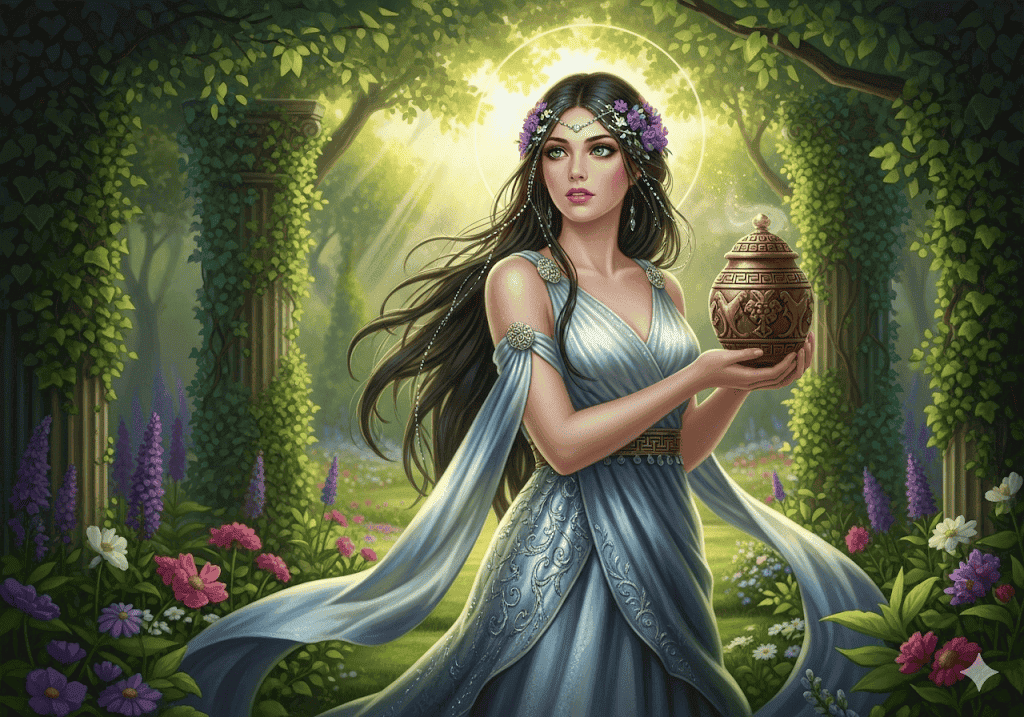
Pandora wasn’t just any woman — her name itself carried power. It means “all-gifted” or “all-endowed.” Each god contributed something to her creation.
Aphrodite gave her beauty, Hermes gave her cunning, Athena gave her skill, and so on. She was designed to be irresistible, not just to men but to humanity as a whole.
The irony is that the woman who was meant to be humanity’s gift became associated with its suffering. Her name, though, is a reminder that she was more than just a cautionary tale. She was a masterpiece of divine craftsmanship.
6. Pandora Was Part of Zeus’s Punishment Plan
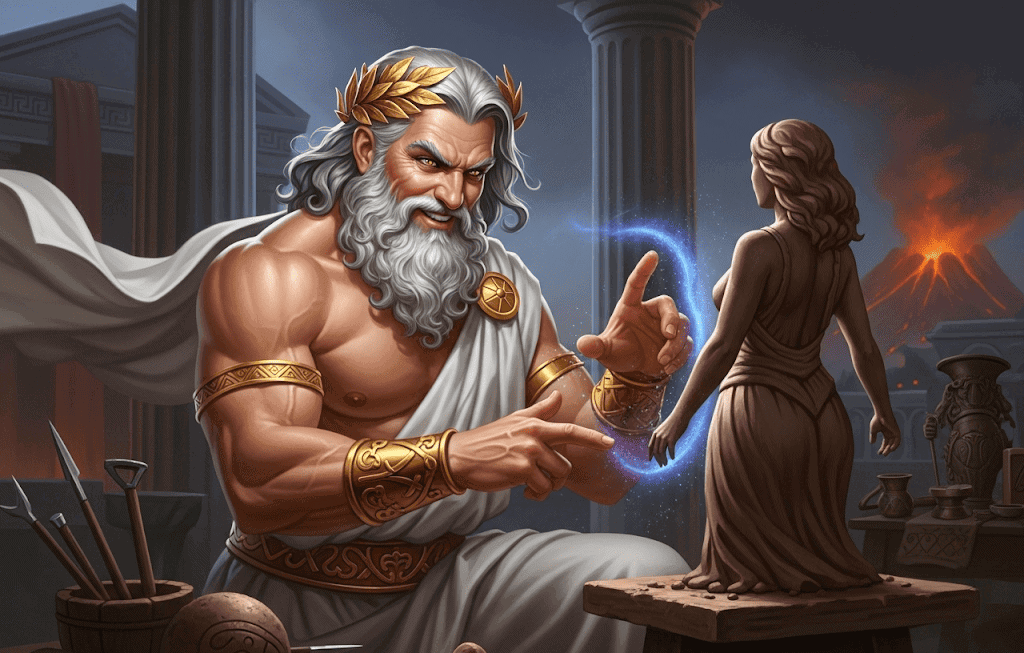
The myth of Pandora wasn’t just about her curiosity. She was central to Zeus’s plan to punish humanity. After Prometheus defied Zeus and gave humans fire, Zeus wanted revenge.
He knew he couldn’t take fire back, so he devised another trick: give humans a gift that looked beautiful but carried hidden consequences.
Enter Pandora. Her beauty and charm were meant to lure, while the jar she carried sealed humanity’s fate.
The story shows the gods’ pettiness but also their creativity in finding ways to balance power with punishment.
7. Some Versions Say She Married Prometheus’s Brother
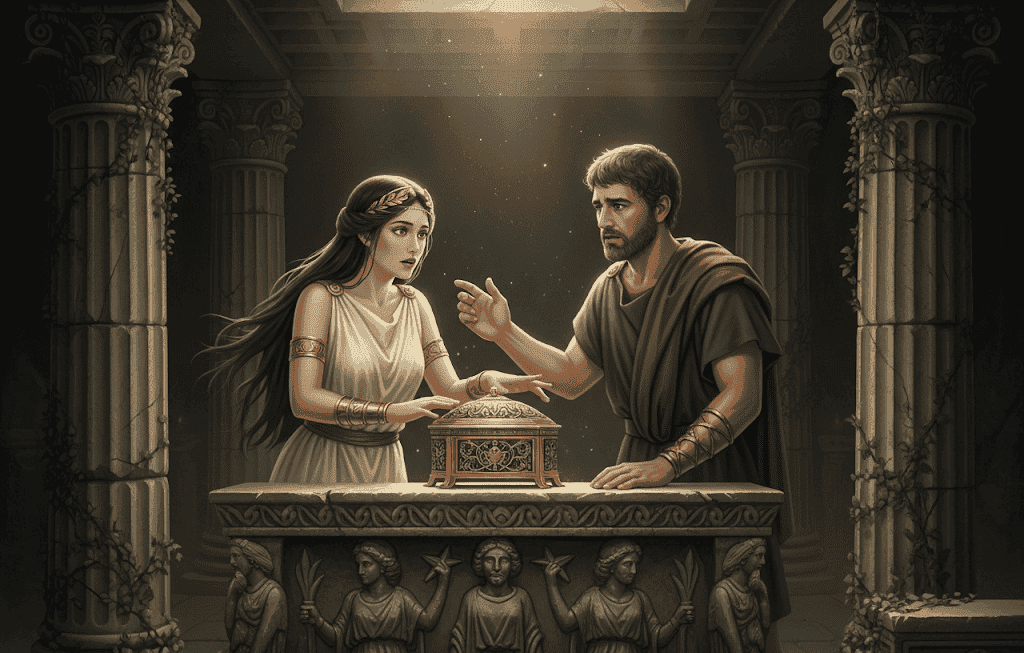
Pandora’s story doesn’t end with opening the jar. In some myths, she goes on to marry Epimetheus, the brother of Prometheus.
Epimetheus, whose name means “afterthought,” wasn’t the sharpest tool in the shed. Despite Prometheus warning him not to accept gifts from Zeus, he welcomed Pandora with open arms.
Their union symbolized humanity’s tendency to ignore warnings and give in to temptation. Together, Pandora and Epimetheus had a daughter named Pyrrha, who later played a role in repopulating the world after a great flood.
8. She’s Often Compared to Eve
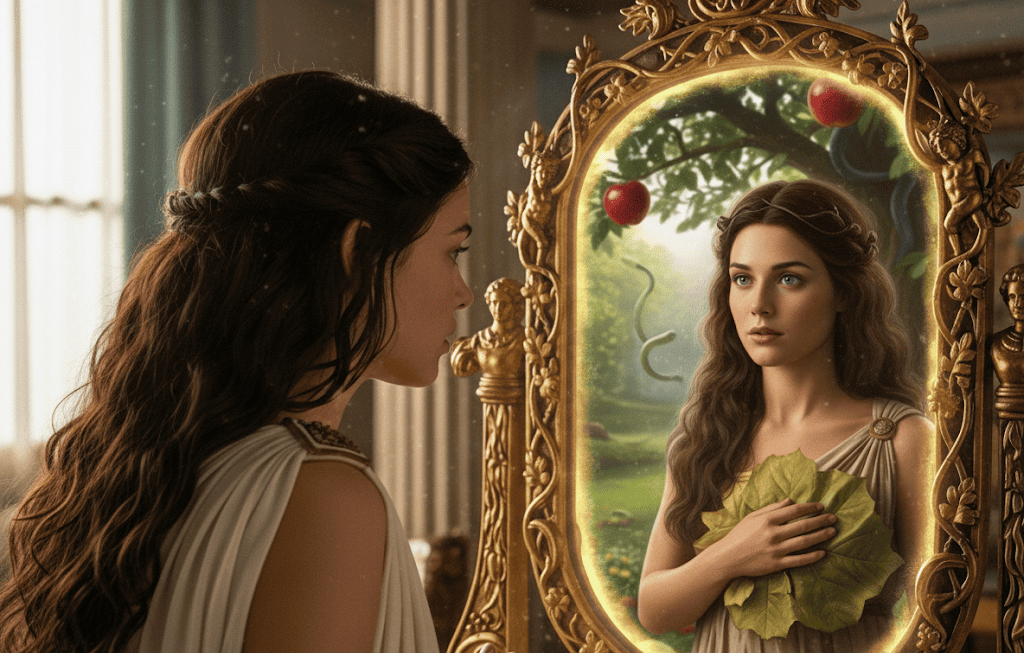
Pandora and Eve share striking similarities. Both were the first women in their respective traditions. Both faced temptation and gave in.
Both became associated with humanity’s suffering and were blamed for the hardships of life. Yet both also carried deeper symbolism.
They represent curiosity, independence, and the start of humanity’s true story. Comparing Pandora and Eve shows how cultures across the world used female figures to explain why life is full of struggle.
They weren’t just characters. They became archetypes of temptation and consequence.
9. Artists Loved Reimagining Pandora
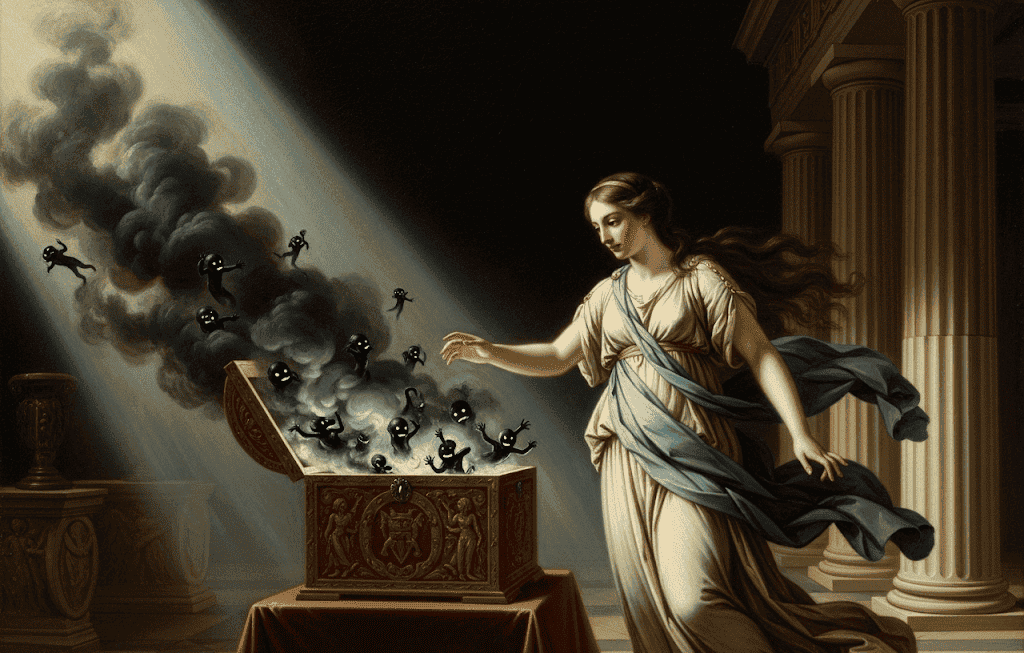
From ancient vase paintings to Renaissance masterpieces and modern illustrations, Pandora has been a favorite subject for artists.
She’s often shown holding a small box or peeking into a glowing container, her face caught between wonder and fear.
Each depiction reflects the values of its time: sometimes she looks innocent, sometimes seductive, sometimes tragic.
Writers also reimagined her, from Hesiod’s grim version to Romantic poets who saw her as a misunderstood heroine.
Through art and literature, Pandora became more than a myth — she became a symbol that artists could reshape again and again.
10. The Myth Still Shapes Our Language Today

Even if you’ve never studied Greek mythology, you’ve probably used the phrase “opening Pandora’s box.” It’s become shorthand for unleashing trouble or starting something with unpredictable consequences.
That shows how powerful myths can be. They don’t just stay in old stories. They slip into our everyday speech and thinking.
Every time we say someone has “opened Pandora’s box,” we’re keeping her story alive. Few myths have had such a lasting impact, turning a tale of gods, jars, and curiosity into a phrase that perfectly captures the chaos of human choices.

私は生まれたときから、常に神との強いつながりを感じていた。作家として、また指導者として、私の使命は、人々が最も暗い時代に愛と幸福と内なる強さを見つけるのを助けることである。

